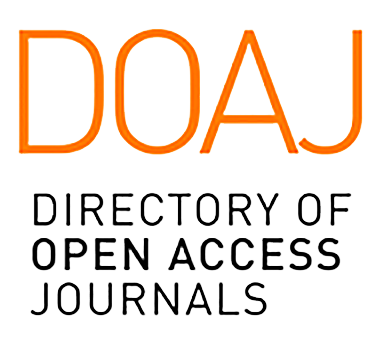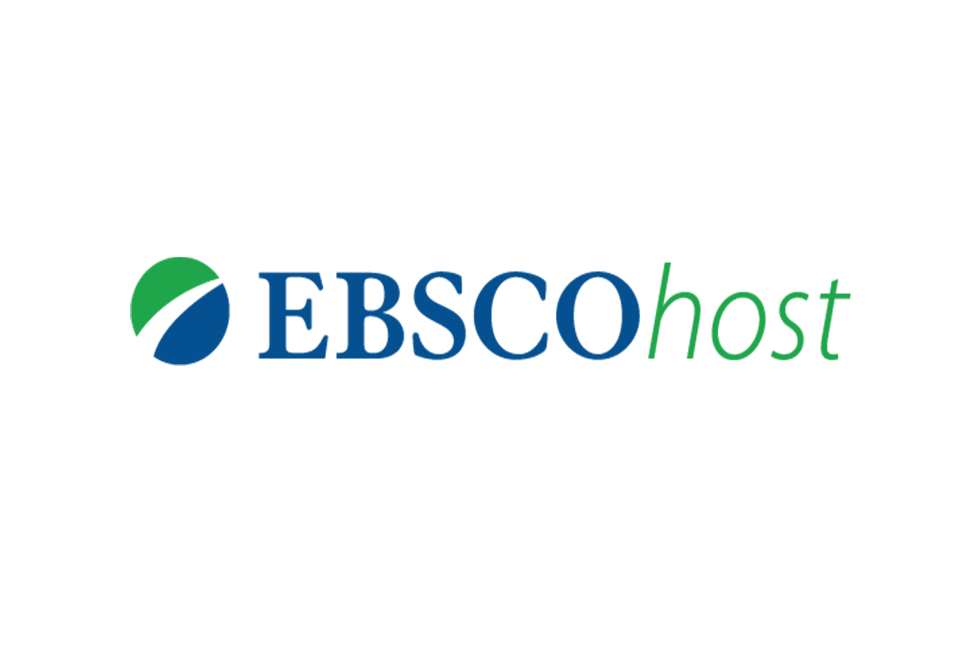2790-9441






MLA International Bibliography
MLA Directory of Periodicals
ProQuest
CrossRef
Google Scholar
Gale-Cengage
ROAD
Pino Cutrone
Nagasaki University, Japan
Abstract
66 Japanese university students (enrolled in an English Listening and Speaking course) participated in this study. The students in this study were divided into groups and given different types of instruction. Group 1 received TBLT, while Group 2 received PPP instruction. TBLT relied more on implicit instruction, which involved the instructor first helping students to prepare for a task, then facilitating their work on it, and finally guiding them in reflecting on their language use and learning (Ellis, 2021a). In comparison, the PPP approach provided explicit instruction, which involved the instructor introducing new language concepts, guiding students in controlled practice activities, and then having them use the language freely in a final production task (Case, 2008). Assessments of the English oral competence of members of both groups were conducted at the beginning and the end of their respective courses (after 15 weeks, which consisted of approximately 45 hours of instruction). Each of these assessments involved participating in a dyadic conversation with a classmate, which was transcribed verbatim and analyzed. The results demonstrate that both TBLT and PPP improved Japanese EFL students’ speaking skills; however, TBLT was more effective overall. Both groups made similar gains in Accuracy; however, students who received TBLT showed marked improvement in (temporal and hesitation) Fluency, while those who received PPP instruction did not. Further, the TBLT group exhibited greater gains in Syntactic and Lexical Complexity. Consequently, the writer urges language instructors in Japan to actively explore TBLT methods in English communication classes.
Keywords
Japanese EFL university students, task-based language teaching (TBLT), presentation–practice–production (PPP), speaking skills, oral competence